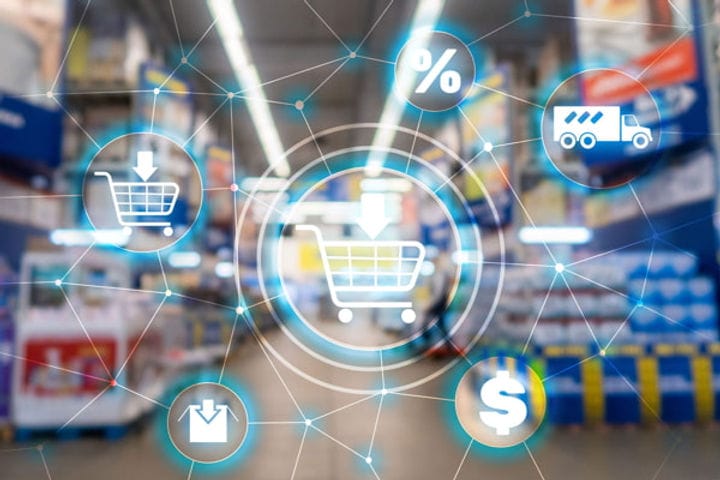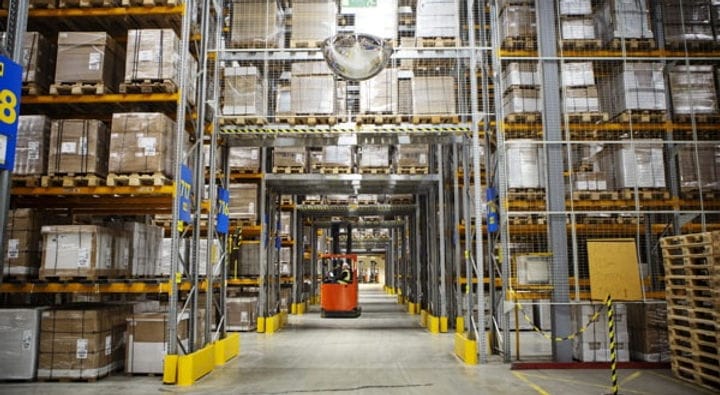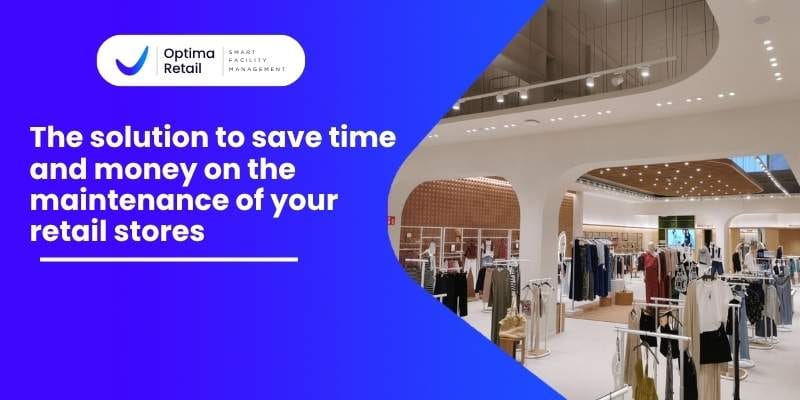Most successful businesses build their foundations on accurate forecasts or demand intelligence. Let’s explore the importance of forecasting for retail. Forecasts provide a clearer picture of the future, and these insights enable the creation of an effective plan.

In retail, for instance, accurate forecasting can help plan the amount of inventory to stock, the number of customer service agents to have on standby, and how to avoid liquidity issues if material costs increase in the future.
Demand intelligence unlocks that ‘why.’ It’s an innovative context that reveals why your demand fluctuates, so you can take control. It means no more guessing, and hoping for something better next time. It means you know exactly when next time is, so it’s not luck-dependent to capitalize on a peak or mitigate a dip.
But forecasts come in many shapes. Today, we’ll focus on demand forecasting or demand intelligence, explaining what it is, why it’s important, and how it works.
What is demand intelligence?
It emerges as a way to use Artificial Intelligence for demand forecasting. It refers to any process focused on predicting future customer demand for a given period, using historical sales and other data sources.
Demand forecasting in retail provides crucial insights to stores about sales potential in local and international markets. And it enables managers to make data-driven decisions about pricing, investments, and growth strategies.

What happens if a company decides to ignore demand forecasting?
When a company chooses to ignore demand forecasting, managers risk making misguided decisions about which markets to invest in, when to purchase raw materials, or how much of a particular product to stock.
And such errors can have serious implications, such as unexpected inventory storage costs, mid-season stockouts, or, most detrimental of all: dissatisfied customers.
AI in Retail: Why is it important?
Artificial intelligence plays several vital roles in retail, offering more than just demand forecasting. Thanks to AI, retailers can now implement effective solutions that enhance the customer experience and drive sales.
Some e-commerce stores have even begun using artificial intelligence to monitor the shopping experience in real time. Researchers deploy high-precision cameras over computer screens to track how shoppers navigate a website.
The researcher checks if the shopper can easily find the product they’re looking for; if not, the company knows it needs to redesign the shopping experience.

And when it comes to driving sales, artificial intelligence is equally powerful. Some stores have begun combining product recommendation engines with computer vision-based virtual mirrors to suggest items that the shopper may like.
The virtual mirror looks at what the person is wearing and then compares the outfit to the store’s product catalog. When the software finds garments that match the buyer’s color, shape, or size preferences, it recommends them.
Importance of Accurate Demand Forecasting with AI in Retail
Accurate demand forecasting is not only important in retail. It is crucial because it helps retailers reduce uncertainty by predicting parameters such as the revenue they will generate at certain times of the year.
Executives can then use the forecasts to make data-driven decisions that guide the entire business strategy, from purchasing to marketing. And what’s better, accurate demand forecasts often signal impending issues.
By detecting problems in advance, teams can adjust their approach to either avoid them altogether or at least mitigate their impact.
Key Advantages of Accurate Demand Forecasting in Retail
Here are the main advantages of accurate demand forecasting in retail:
Increased sales due to optimal product availability
The only thing retailers hate more than excess inventory is stockouts. After all, a stockout translates to lost sales, which means lost revenue. Accurate demand forecasting prevents this outcome as it informs stores of how much of each product they should purchase.

AI-driven demand forecasting can reduce errors in supply chain networks by 30 to 50%. It leads to a 65% reduction in lost sales due to inventory shortages.
Better Margins and Timely Discounts
Forecasts can show when demand is likely to be both low and high, helping retailers know when to offer a discount to drive business. Equally important: when demand is high, retailers can adjust prices to achieve the best possible margin.
Avoiding Bottlenecks Due to Unexpected Demand
When demand exceeds a business’s capacity, operations can quickly encounter bottlenecks, either due to the inability to fulfill orders or the lack of support staff to assist with inquiries.
By detecting potential increases in demand, a retailer can onboard more delivery drivers or add staff to the tills.
Reducing Operational Costs through Shift Optimization
Just as understaffing can decrease customer satisfaction, the bottom line will be impacted if a company has too many people working when the number of customers is low.
Forecasts help retailers plan optimal shift patterns, meaning they never incur higher costs than necessary.
Fresher Products and Less Food Waste
Supermarkets and grocery stores have it especially tough. Fresh products have a limited shelf life. Demand forecasts are crucial to avoid shelves stacked with rotting fruits and vegetables.
Costs and Carbon Footprint Reduction
No store wants to consume unnecessary resources by producing excess inventory, let alone be forced to discard unsold shorts and T-shirts when summer comes to an end. By predicting seasonal sales, stores only order the optimal amount of inventory.
Is your company looking for preventive maintenance?
Optima Retail maintenance emergency time is less than 4 hours.
Availability is 100% we are 24 hours 365 days a year to attend you.
Comprehensive maintenance service without borders. We already work in more than 50 countries.
We have more than 20,000 qualified technicians worldwide.
We monitor and track every visit without exception! Optima Retail has obtained the Bureau Veritas certificate. Overall score of 4.8 out of 5.


